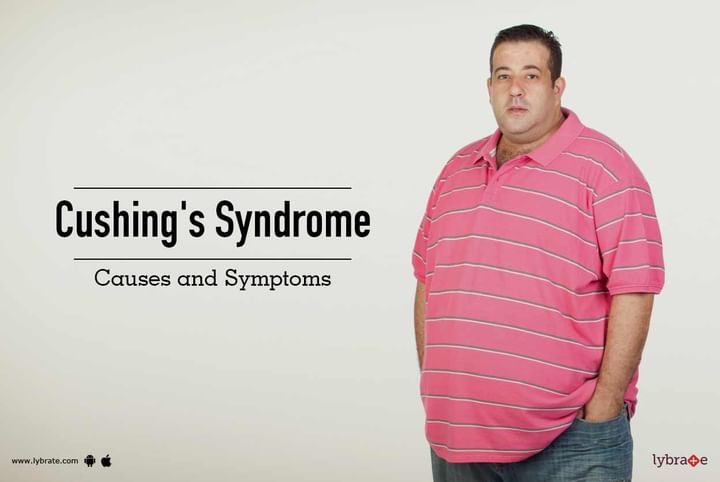Cushing's Syndrome - Causes and Symptoms
Cushing’s syndrome occurs due to abnormally high levels of the hormone cortisol. This can happen for a variety of reasons. The most common cause is overuse of corticosteroid medications.
Causes:
Your adrenal glands produce cortisol. It helps with a number of your body’s functions, including:
-
Regulating blood pressure and the cardiovascular system
-
Reducing the immune system’s inflammatory response
-
Converting carbohydrates, fats, and proteins into energy
-
Balancing the effects of insulin
-
Responding to stress
Your body may produce high levels of cortisol for a variety of reasons, including:
-
High stress levels, including stress related to an acute illness, surgery, injury, or pregnancy, especially in the final trimester
-
Athletic training
-
Depression, panic disorders, or high levels of emotional stress
The most common cause of Cushing’s syndrome is the use of corticosteroid medications, such as prednisone, in high doses for a long period. High doses of injectable steroids for treatment of back pain can also cause this syndrome.
Other causes include:
-
Pituitary gland tumor in which the pituitary gland releases too much adrenocorticotropic hormone, which is also known as Cushing’s disease
-
Ectopic ACTH syndrome, which causes tumors that usually occur in the lung, pancreas, thyroid, or thymus gland
-
Adrenal gland abnormality or tumor
Symptoms of Cushing’s Syndrome:
The most common symptoms of this condition are:
- Weight gain
- Obesity
- Fatty deposits, especially in the midsection, the face and between the shoulders and the upper back (causing a buffalo hump)
- Purple stretch marks on the breasts, arms, abdomen, and thighs
- Thinning skin that bruises easily
- Skin injuries that are slow to heal
- Acne
- Fatigue
- Muscle weakness
- Increased thirst
- Increased urination
- Bone loss
- Depression
- Increased infections
Women may also notice extra facial and body hair, as well as absent or irregular menstruation.
Men may also have:
- Erectile dysfunction
- Loss of sexual interest
- Decreased fertility
Children with this condition are generally obese and have a slower rate of growth. If you wish to discuss about any specific problem, you can consult a doctor and ask a free question.



+1.svg)
